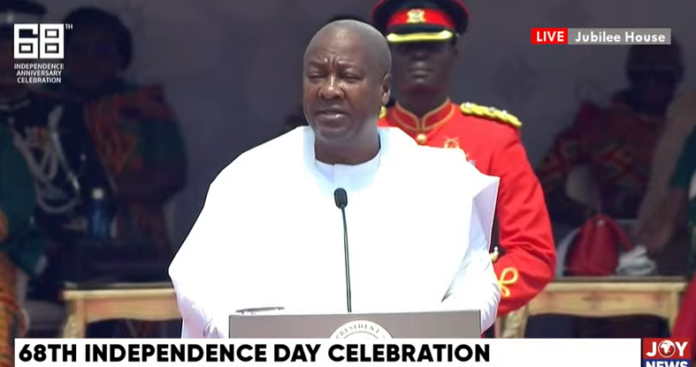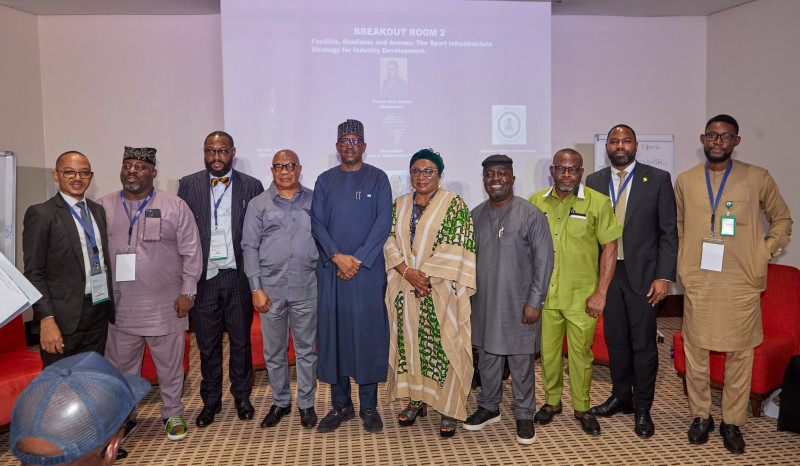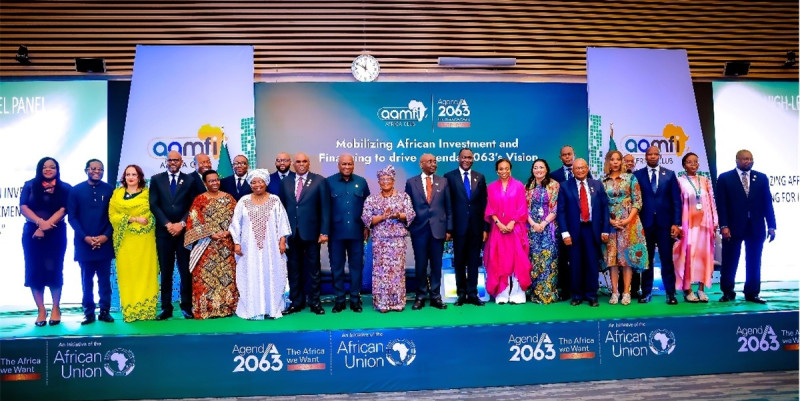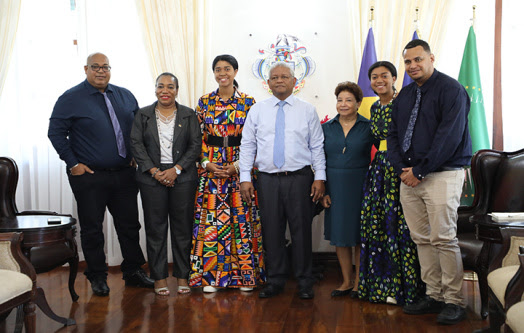By: Mohammed Abu
A three-day Wealth Masters Group’s Residential Training Event-Executive Leadership Programme in AI that is being hosted on campus by the University of Kent, United Kingdom, is scheduled to take place from the 2nd-5th June,2025.
The event is being held against the background of today’s fast-paced and increasingly complex business environment, that leaves leaders, business owners, entrepreneurs and start-ups challenged to navigate unprecedented disruption, drive innovation, and integrate cutting-edge technologies like Artificial Intelligence (AI) into their organizations.
To stay competitive and maintain strategic leadership, executives must not only excel in traditional leadership roles but also, embrace the evolving landscape of AI and digital transformation.
Three-Day Training Session
To this end, the 3-day immersive training is specifically designed for these leaders, providing a comprehensive understanding of leadership, business innovation, and AI integration.
Through a blend of expert insights, practical case studies, interactive workshops, and real-world applications, the program equips leaders with the skills and strategies needed to drive organizational change, foster innovation, and leverage AI for future growth.
Throughout the program, participants will engage with thought leaders, collaborate with peers, and reflect on their roles as visionary leaders driving the future of business.
Expected Output
By the end of this training, these leaders will be empowered with the tools, strategies, and foresight to lead their organizations through the next era of innovation and AI-driven transformation.
Course Programme
Day 1:
Leadership in a Disruptive World: Transformational Leadership and Adaptive Decision-Making in the Era of Disruption
Day 2:
Driving Business Innovation for Competitive Advantage: Business Model Innovation, Strategy, and Competitive Positioning in the AI Age
Day 3:
Artificial Intelligence for Business Transformation: Applications of AI in Business, Ethical Implications, and Future Trends
Course Objectives
Leadership Mastery: you will understand advanced leadership techniques to navigate disruption and lead transformation effectively.
Innovation Strategy: you will learn to design and implement innovative business models that leverage cutting-edge technology.
AI Integration: you will understand the potential and risks of AI in decision-making and business strategy.
Ethical Leadership: You will be equipped to apply ethical principles to AI adoption and business innovation.
Future Preparedness: You will possess foresight into the future of work and leadership in an AI-driven world.
Tailored for Executives: Your scheduling will become flexible and focused on high-level strategy; it’s crafted to elevate your leadership capabilities.
Expert-Led Curriculum: You will be taught by Seasoned professionals in the field and AI thought leaders. The curriculum combines practical insights with the latest research.
Certificate of Completion: You will gain certificate that highlights your expertise in leading organisations in the Age of AI
Who Can Attend?
Senior Executives and Business Leaders, Mid-Level Managers
Entrepreneurs and Founders Professionals in Technology and Strategy Roles. Anyone Interested in Leading in the Age of AI
Registration Fees & Deadline
Early bird registration – until 30 April 2025 = £1,786.25
From 1 May = Registration Fees = £2,159.38
Your registration fee includes:
4 Nights Ensuite Accommodation
Breakfast, Lunch & Tea/Coffee
All presentation Notes / Course Materials
Program Certificates & Evening Reception with Drinks
Tour around Kent
The final deadline for registrations is Friday 23 May.
Accommodation
Four nights Bed & Breakfast accommodation in a single en-suite bedroom, is included within your registration
Payment
All registrations must be paid in full at time of booking by debit or credit card. We do not have the facility to accept purchase orders or invoices for payment.
Contact Information
For payment, registration or accommodation queries please contact eventregistrations@kent.ac.uk
For conference content queries, please contact Benjamin Acheampong: benjamin@wealthmastersgroup.com
Wealth Masters Group Website: http://www.wealthmastersgroup.com
Post Training Session Exploration of Garden of England
Participants are encouraged to take some time off after the session and explore the Garden of England. Kent and Canterbury offer diverse tourism attraction sites covering eco and monumental tourism.







